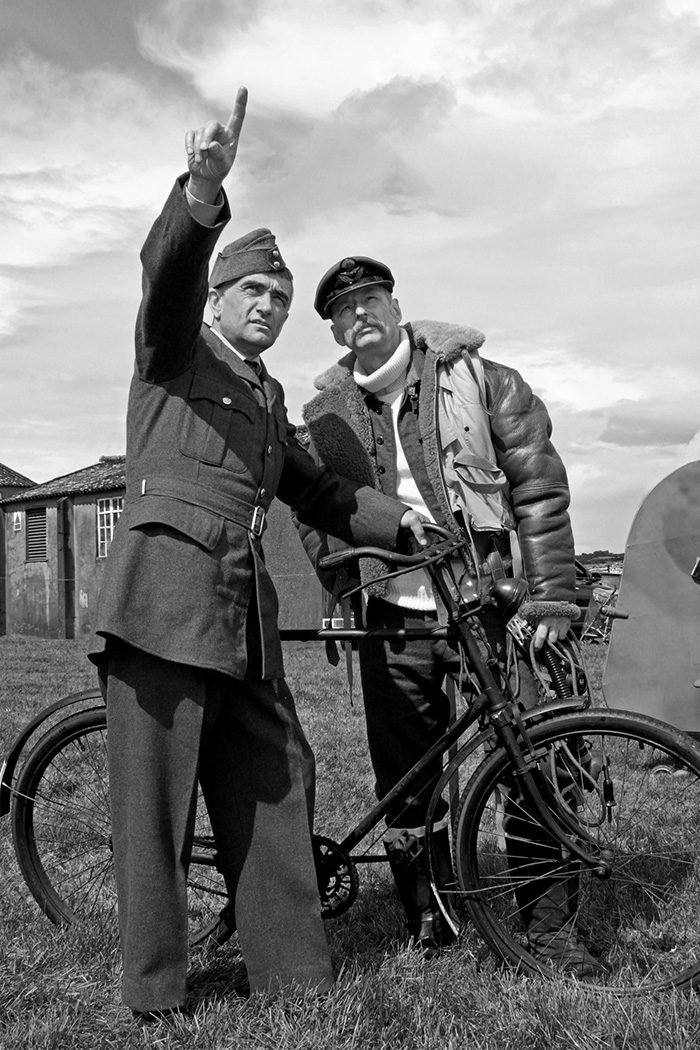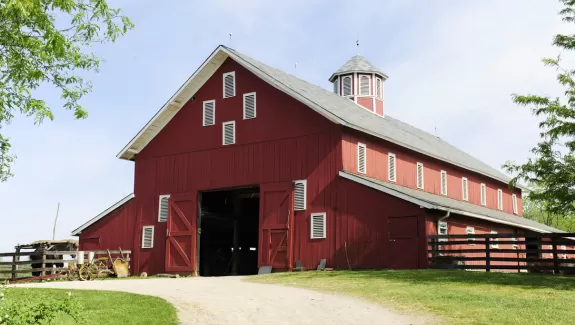
Rules, Contingencies, and the Battle of Britain
The distinction between contingency governed (or “shaped”) and rule-governed behavior is an old saw for most behavior analysts. Like most dichotomies, this one doesn’t hold up under careful analysis. Behavior that is shaped by its consequences gives rise, at least with humans, to rules that can impact future actions along the lines that originally were shaped. Not the least of these rules are so-called self-rules, the things people tell themselves about courses of action that seem to guide those actions, even when the actions are, well, misguided by more objective standards. Behavior initially formed and maintained by rules eventually gives way to control by the natural consequences of those initially rule-guided actions. The rigidities of rule governance in the face of contingencies screaming for an alternative course of actions gives rise to a lot of literary and other stereotypes from the prototypical bureaucrat to the far less-benign devoted follower of extremist groups, present and past.
 One of the more interesting aspects of the relative control of behavior by these two fountainheads of such control is a cultural one. I find it fascinating that some cultures are stereotypically rule governed and others seem to go with whatever the current contingencies dictate. I recently ran across an example of this while reading one of historian Lynn Olson’s outstanding books about the early days of the Second World War. When Hitler invaded Poland in 1940, many Poles fled to England, and London in particular (hard to argue with that as a destination, even in times of war). Among them were a fair number of pilots from the Polish Air Force. At this same time, Hitler was upping the ante on Great Britain. The Battle of Britain, one of the great air battles of all time, was heavily under way. The Brits were being outnumbered and outgunned by the Luftwaffe, losing the small number of pilots they had to begin with at alarming rates. Initially, there was little interest in, and great resistance to, using Polish pilots despite the latter’s reputation for skill and courage under fire. But, then things got worse and the Brits were desperate. So, stiff upper lip and what, they decided to allow the Poles to fly, but only in their own Polish units, certainly not as members of that elite fraternity, the Royal Air Force. But, fly the Poles did, and they were beyond good. By some accounts they saved Great Britain from annihilation by the German Luftwaffe. Here’s what Olson says:
One of the more interesting aspects of the relative control of behavior by these two fountainheads of such control is a cultural one. I find it fascinating that some cultures are stereotypically rule governed and others seem to go with whatever the current contingencies dictate. I recently ran across an example of this while reading one of historian Lynn Olson’s outstanding books about the early days of the Second World War. When Hitler invaded Poland in 1940, many Poles fled to England, and London in particular (hard to argue with that as a destination, even in times of war). Among them were a fair number of pilots from the Polish Air Force. At this same time, Hitler was upping the ante on Great Britain. The Battle of Britain, one of the great air battles of all time, was heavily under way. The Brits were being outnumbered and outgunned by the Luftwaffe, losing the small number of pilots they had to begin with at alarming rates. Initially, there was little interest in, and great resistance to, using Polish pilots despite the latter’s reputation for skill and courage under fire. But, then things got worse and the Brits were desperate. So, stiff upper lip and what, they decided to allow the Poles to fly, but only in their own Polish units, certainly not as members of that elite fraternity, the Royal Air Force. But, fly the Poles did, and they were beyond good. By some accounts they saved Great Britain from annihilation by the German Luftwaffe. Here’s what Olson says:
Like individuals, cultures and cultural institutions and organizations such as armies and air forces need rules to function efficiently. But, as the example offered by Olson illustrates, cultures also need sufficient leeway in their rules and their enforcement to allow the natural contingencies to operate. Only when behavior comes directly in contact with its consequences can such behavior and the institutions it supports expect to survive to fight another day.


